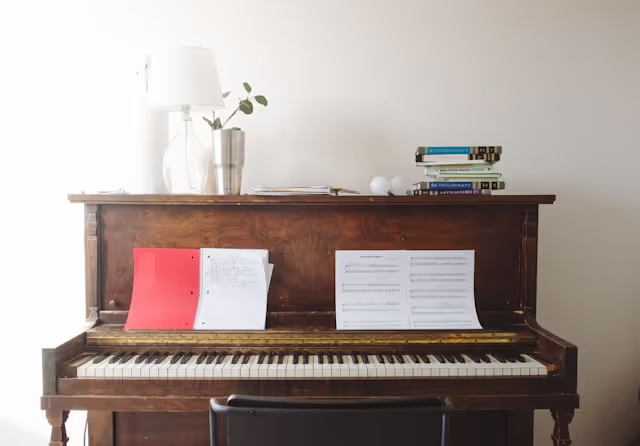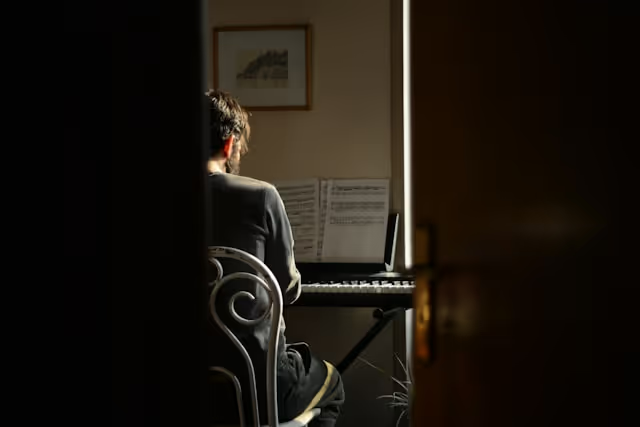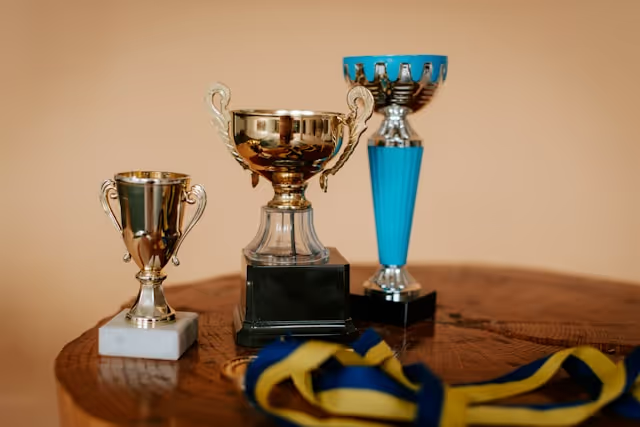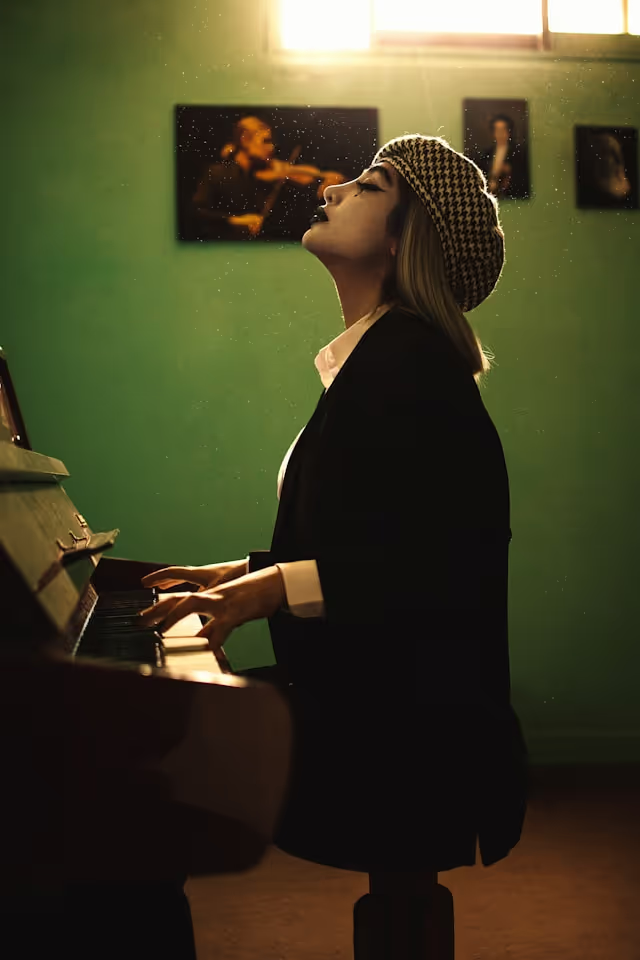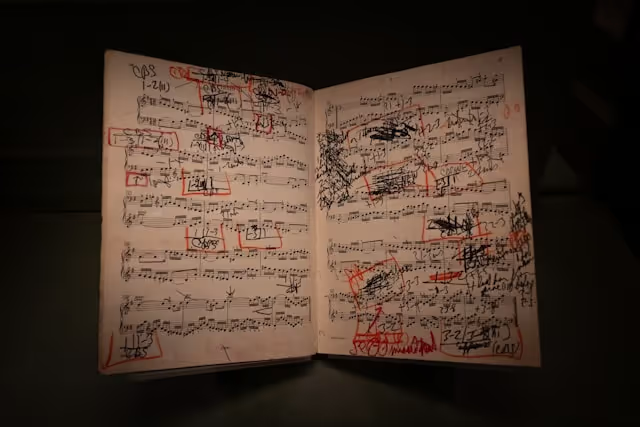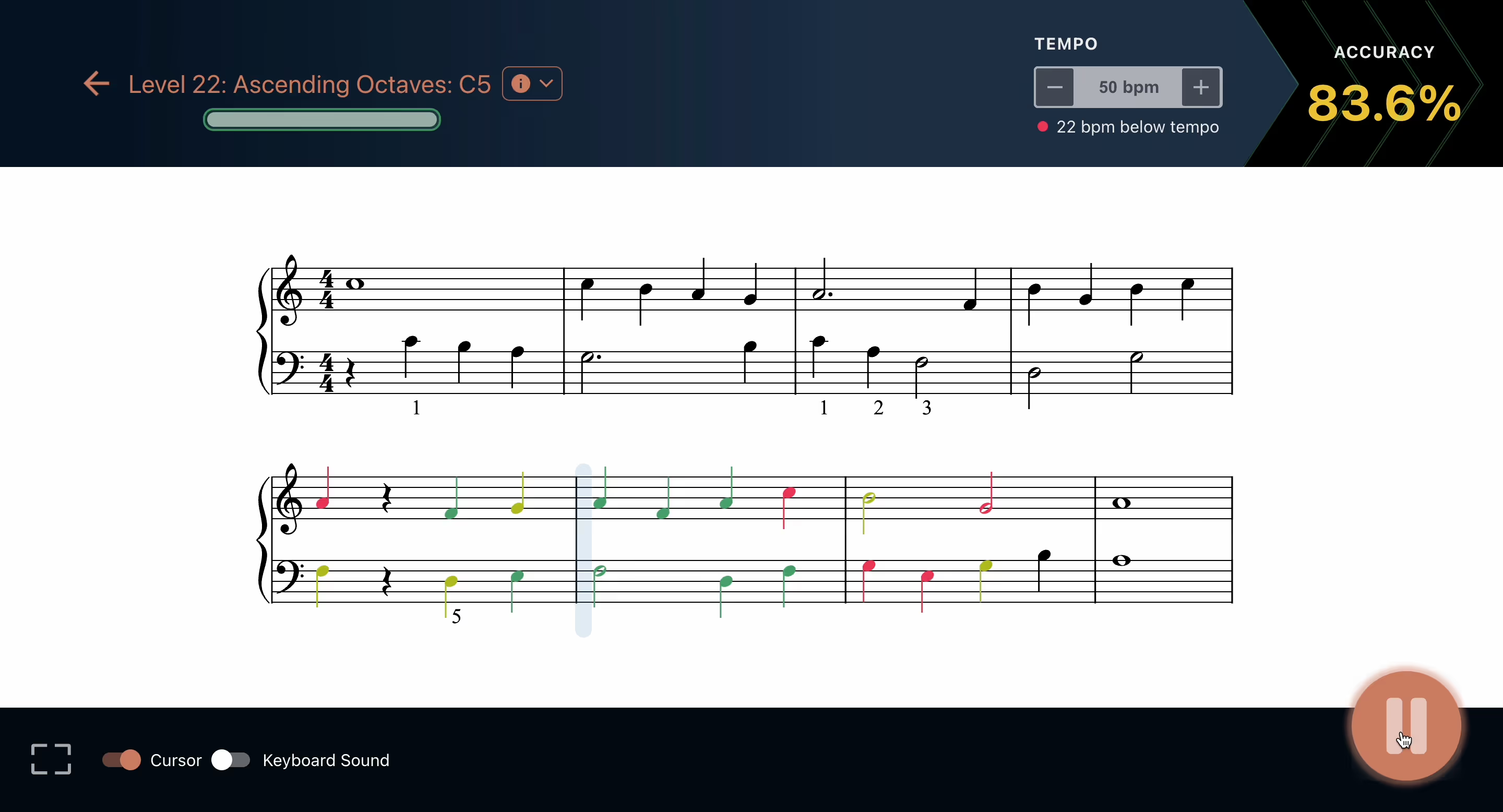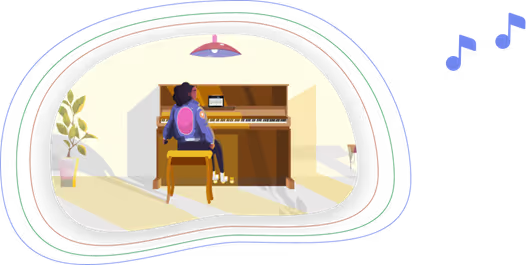How to Learn Piano Without a Teacher:Self-Taught Guide with Real-Time Feedback
So, you want to learn piano without a teacher? It's a goal that millions of people share, and with a tool like MuseFlow, it's more achievable than ever. But the internet is full of myths and half-truths about what it really takes to succeed. Can you really do it? Let's debunk some common myths and reveal the reality of self-taught piano in the modern age.
Myth vs. Reality: Learning Piano on Your Own
Myth #1: You need a teacher to correct your mistakes.
The Old Reality: This used to be true. Without a trained ear to catch wrong notes, rhythms, or techniques, self-taught students would often ingrain bad habits that were difficult to fix later. You could practice for a week, only to find out you were practicing the wrong thing all along.
The New Reality: Real-time feedback is your 24/7 teacher. This is the single biggest game-changer for anyone wondering how to learn piano without a teacher. A revolutionary app like MuseFlow connects to your MIDI keyboard and provides instant, note-by-note feedback.
- Play a wrong note? You'll see it in red, immediately.
- Is your timing off? The notes will show up yellow, guiding you to tighten your rhythm.
- Play it perfectly? You get that satisfying flash of green.
This seamless feedback loop means you're correcting mistakes the moment they happen, not a week later. It's a more efficient, more precise way to learn. Research from institutions like MIT has consistently shown that immediate and consistent feedback is crucial for developing musical skills.
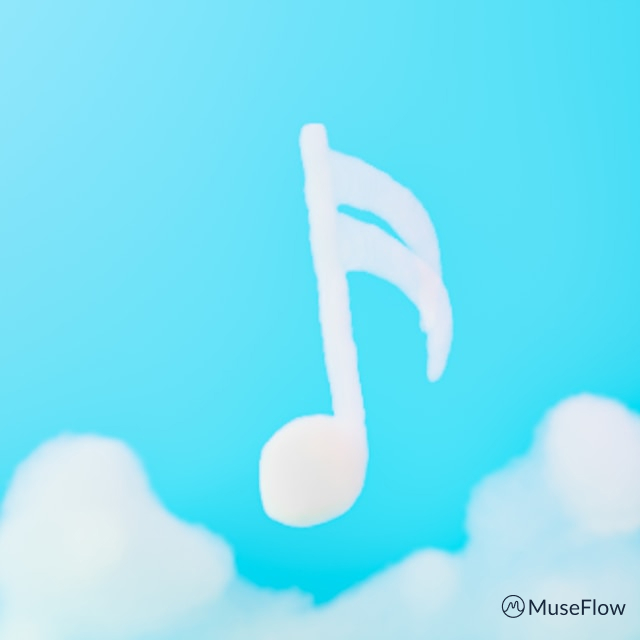
Myth #2: You won't learn proper technique without a teacher.
The Old Reality: A teacher is invaluable for showing you proper posture, hand position, and fingering. Without this guidance, self-learners were at risk of developing inefficient or even harmful habits.
The New Reality: Guided curriculum and visual aids build a strong foundation. While an app can't physically adjust your posture, MuseFlow's curriculum is designed to build technique systematically. The on-screen hand guides and clear visual instructions for fingering provide a strong starting point. More importantly, by focusing on sight reading from day one, you're training your hands and mind to work together efficiently. You're not just memorizing finger movements for one song; you're learning the universal language of music.
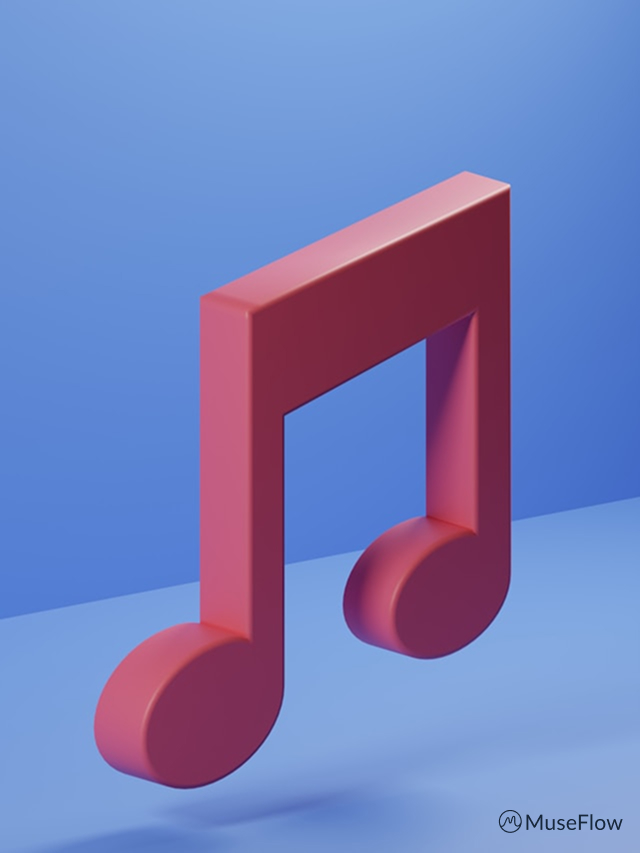
Myth #3: You'll get bored and lose motivation.
The Old Reality: This is a huge one. The lonely grind of practicing scales and drills from a dusty book is a notorious motivation killer. Without the accountability of a weekly lesson, it's easy to let practice slide.
The New Reality: Gamification makes practice feel like play. This is where modern tools truly shine. MuseFlow turns the entire learning process into an immersive game.
- You're not just practicing; you're completing levels and unlocking achievements.
- You're not just drilling; you're competing against your own accuracy score.
- You're not stuck on one boring piece; you have a vast song library to explore.
This ingenious approach keeps you engaged and creates a powerful sense of progress. When you can clearly see your skills improving every single day, motivation takes care of itself. This aligns with principles of Flow State, where challenge and skill are perfectly balanced to create a deeply satisfying experience.

Myth #4: You won't know what to practice next.
The Old Reality: A self-learner's journey was often a random walk through YouTube tutorials and method books. This lack of structure is confusing and inefficient. Do you learn chords first? Scales? Theory?
The New Reality: A clear, progressive path guides your journey. MuseFlow offers the best of both worlds: a structured 27-level curriculum that guides you from absolute beginner to advanced player, combined with the freedom to explore on your own. It's like having a campaign mode and an open-world in one. You can follow the proven path to build skills logically, or you can jump into the song library and tackle pieces that inspire you. This removes the guesswork and ensures you're always working on something that's both productive and enjoyable.
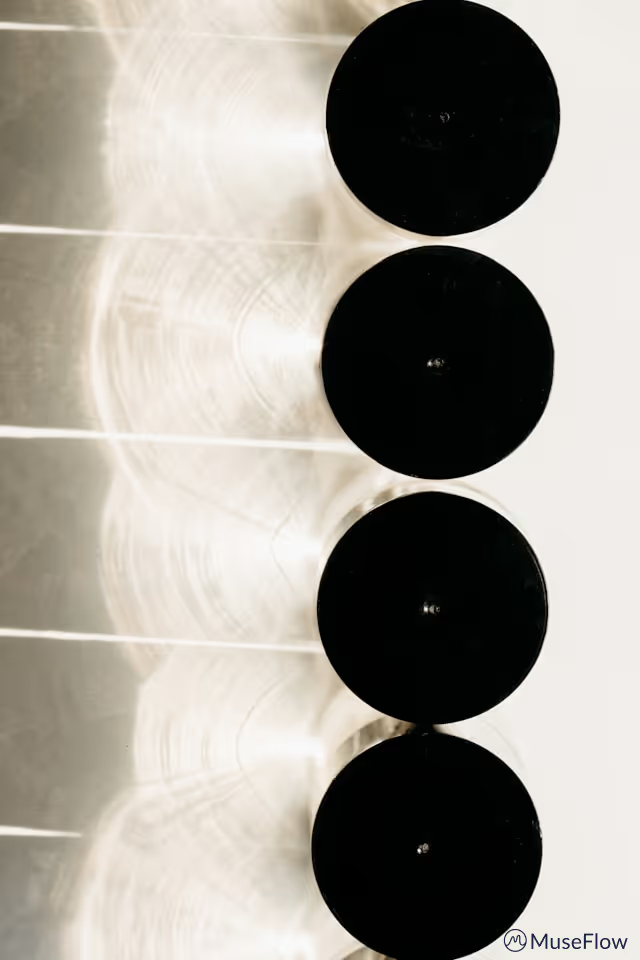
So, Can I Learn Piano Without a Teacher?
Yes. A thousand times, yes. The question is no longer if you can learn piano without a teacher, but how you do it. The key is to leverage technology that provides the essential elements a teacher once offered:
- Instant, Accurate Feedback: To correct mistakes in real-time.
- Structured Curriculum: To build skills in a logical order.
- Engaging Content: To keep you motivated and practicing consistently.
With a tool like MuseFlow, you're not just learning alone in the dark. You're learning with a powerful, responsive guide that's available anytime you are. It's a transformative approach that empowers you to take control of your musical journey. The benefits of learning an instrument are immense, and now, they are more accessible than ever.

Ready to start your self-taught journey the smart way? Try MuseFlow for free and discover how our real-time feedback can make you the musician you've always wanted to be.

.svg)



